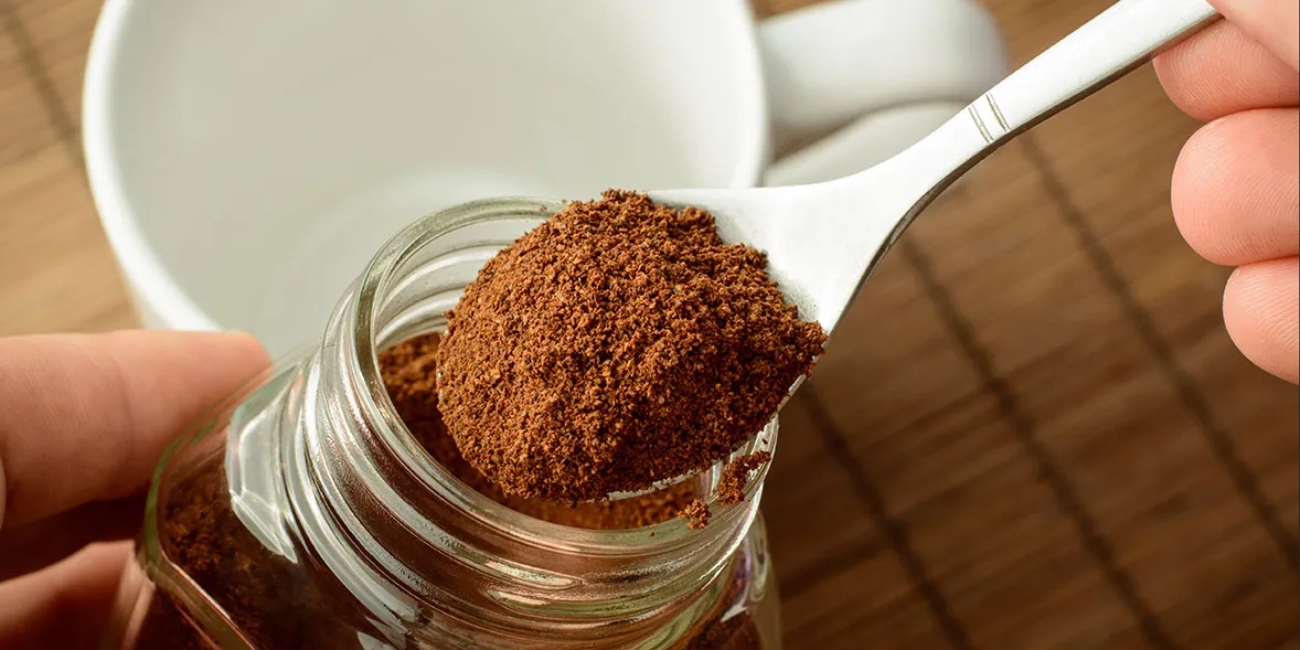Instant coffee’s popularity has grown worldwide, becoming the preferred option for over 50% of coffee drinkers in certain regions.
It’s an appealing option due to its convenience, affordability, and ease of preparation compared to regular coffee.
Is it good or bad for the human body?
What is Instant Coffee?
Instant coffee is a form of coffee that is either freeze-dried or spray-dried, and is produced by removing water from roasted and ground coffee beans through a specialized process.
Manufacturers claim making instant coffee does not involve adding chemicals or additives to the final product.
History of Instant Coffee
The first “instant coffee” is made in Britain in 1771. It was called a “coffee compound” and had a patent granted by the British government. The first American instant coffee was created in 1851 and was used during the Civil War and experimental “cakes” of instant coffee were shared in rations to soldiers.
David Strang of Invercargill, New Zealand invented and patented instant or soluble coffee in 1890. This was the first true form of instant coffee, as opposed to a coffee concentrate mix or syrup like Essence of Coffee or Camp Coffee.
Ground Coffee vs. Instant Coffee
Instant coffee and ground coffee are both coffee, of all varieties and roasts. But instant coffee is a cup of coffee that’s already been brewed and has been processed and preserved in packaging.
Ground coffee is not processed beyond the usual steps of washing and roasting before being packaged and shipped to a coffee shop where it begins its natural deterioration process.
How is It Made?
Regular coffee is brewed from roasted and ground coffee beans, which are the seeds of the coffee tree.
In contrast, instant coffee dehydrates regular coffee through a rapid brewing process, producing a powder that can be rehydrated to make coffee. Despite its convenience, instant coffee generally lacks regular coffee’s taste and flavor profile.
Robusta beans are usually the bean of choice for instant, which helps produce a stronger flavor after processing.
Are Harmful Chemicals in Instant Coffee?
Acrylamide is a chemical that can be found in both instant and regularly brewed coffee and is created during the roasting process of coffee beans.
Instant coffee has been found to contain twice as much acrylamide as regular coffee.
While consuming too much acrylamide may increase your risk of cancer and nervous system issues, you’ll unlikely ingest enough of it through the coffee to pose a serious health risk. However, it’s still recommended to moderate your coffee consumption and maintain a balanced diet for overall health and wellness.
Excluding coffee from your diet may not reduce acrylamide exposure since it’s present in various products such as personal care items, french fries, potato chips, breakfast cereal, crackers, and cookies.
Does Instant Coffee Have Health Benefits?
Some studies suggest instant coffee delivers more beneficial antioxidants than other foods and that it delivers important nutrients like vitamin B3, magnesium, and potassium.
Experts have said that instant coffee may contain more beneficial antioxidants than some foods and provides essential nutrients like vitamin B3, magnesium, and potassium.
Coffee consumption has been associated with a potential reduction in the risk of developing Alzheimer’s disease and diabetes, according to some studies, and even some experts say instant coffee consumption may be linked to improved mental and liver health.
Does Instant Coffee Have an Expiration Date?
Instant coffee has a remarkably long shelf life of up to two decades, but it’s best if consumed within one to two years – for optimal flavor.
Despite its longevity, it can deteriorate and develop mold if not properly stored. While it doesn’t necessarily spoil, instant coffee may lose potency and taste over time, so proper storage is important to prevent moisture and mold.
Those of you looking to pack a punch with Instant Coffee might be sad to hear it delivers less caffeine than regular coffee. A single teaspoon of instant powder for one cup of hot coffee contains 30–90 mg of caffeine.
On the other hand, a regular cup of coffee packs a much higher punch, delivering 70 to a whopping 140 mg of caffeine, making instant coffee a great choice if you’re trying to limit your caffeine consumption!
Instant coffee is quick and easy, doesn’t require a coffee maker, has a very long shelf life, and is cheaper than regular coffee.
Overall, instant coffee is a healthy, low-calorie beverage linked to about the same health benefits as other types of coffee.
Get the news you need at It’s On News.



[…] The Scoop on Instant Coffee […]